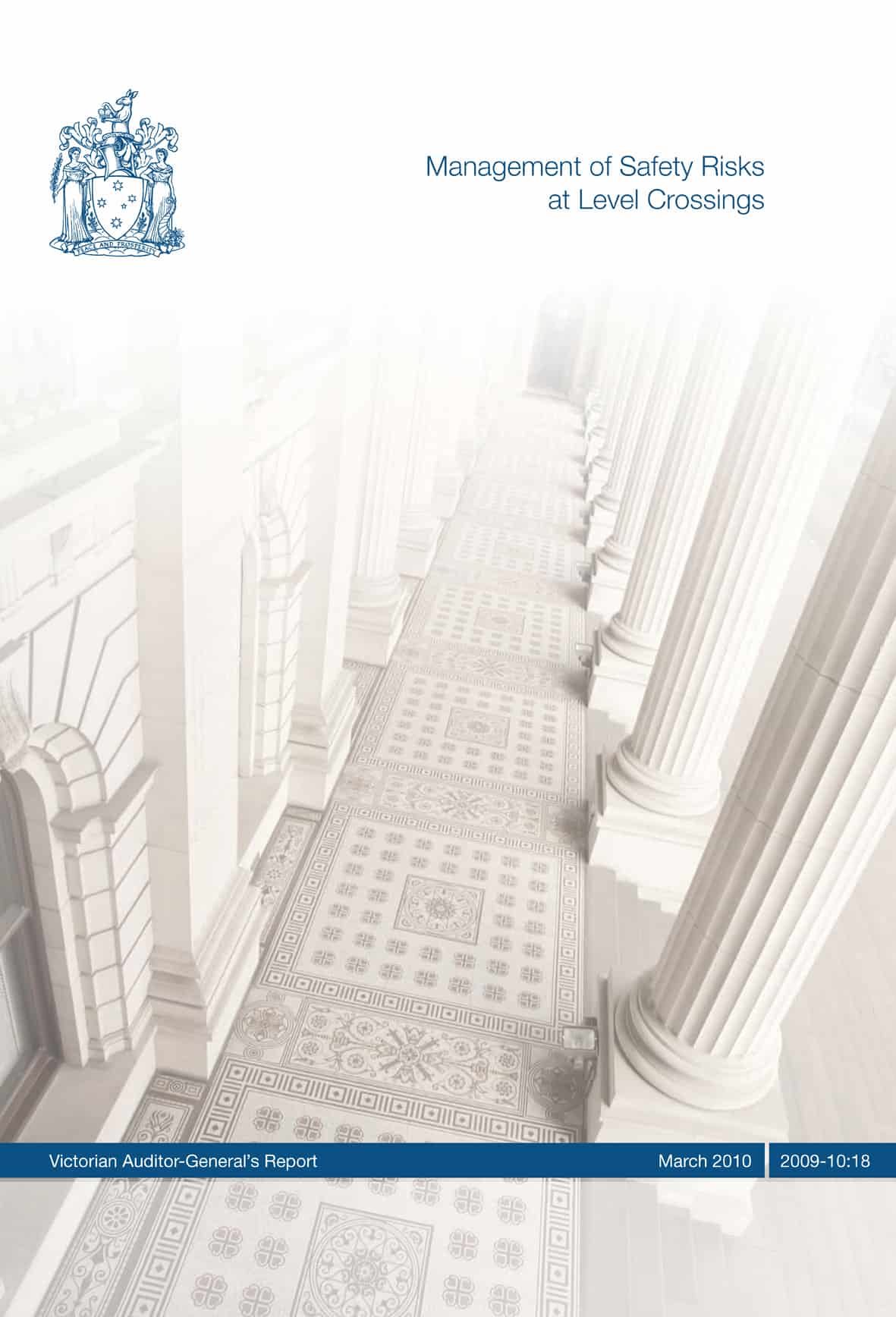Following the post on the 2010 British election campaign a reader pointed out that David Cameron’s reviewer of OHS, Lord Young, spoke at the 2010 conference of the Institute of Occupational Safety & Health (IOSH) in late March 2010 and ruffled some feathers.
Lord David Young described the public perception of OHS as
“at best, as an object of ridicule and, at worst, a bureaucratic nightmare”.
However according to IOSH, Lord Young identified OHS professionals as the problem instead of considering the truth of many of the media reports. Continue reading “Lord Young smashes bridges instead of building them at IOSH conference”

